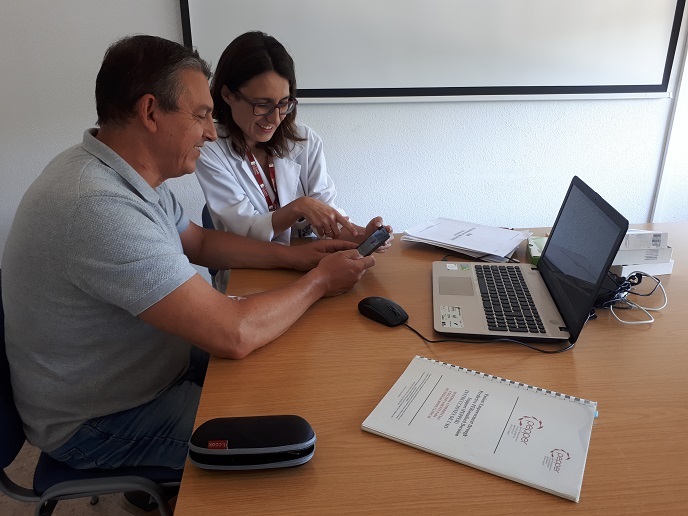Diabetes management tool gives insulin-dependent sufferers support with daily decision-making
According to the World Health Organization(opens in new window), over 422 million people have diabetes, a widespread chronic health condition with no cure to date. The cost to society was reported at USD 760 billion(opens in new window) in health expenditure in 2019. Many regulate their condition by administering insulin several times a day, either by injection or insulin pump. This not only places an enormous psychological burden on these individuals, but poor management can lead to additional health problems, and a large dose can even be fatal. The EU-funded PEPPER(opens in new window) project offers hope to such people by exploring the possibilities of unobtrusive wearable technology for support. Continuous glucose monitors, insulin pumps and activity trackers, together with artificial intelligence (AI) and mathematical modelling, can reduce the burden of daily decision-making. Currently, there is no decision support system for insulin dosing on the market that adapts itself based on real-time blood glucose data and physical activity. The PEPPER team addressed this by creating a personalised decision support tool that gathers such data on a mobile platform. The system makes predictions based both on the real-time data and manually entered information, such as carbohydrate consumption, stress and alcohol intake.
How does the device work?
When users eat a meal, they consult the application to determine how much insulin they need. The AI adapts the dose advice according to the individual’s history, which is updated dynamically. User safety is guaranteed through two levels of supervision. The first level of safety comprises a system that includes a predictive low-glucose suspension algorithm, glucose alerts/alarm and constraints on insulin delivery. The second consists of a secure cloud-based server allowing remote supervision by clinicians.
Promising results
“We are excited about the project results(opens in new window) which show that, despite limitations, the data is promising and suggestive that an adaptive bolus advisor, in combination with a safety system, may have potential to improve health outcomes for people with insulin-dependent diabetes,” reports project coordinator Clare Martin. This means that PEPPER integrates nicely into routine diabetes management, and the adaptation feature of its algorithm has potential for use within artificial pancreas systems. Martin adds that the findings show their “work has potential benefits to society by improving health outcomes.” PEPPER is focused on contributing to the evolution of diabetes technology to enhance a patient’s self-management by reducing the number of severe hypoglycaemic and hyperglycaemic episodes and long-term complications. Project outcomes will also boost the development of wearable devices used for self-management of health. As the numbers of those with diabetes are projected to rise up to 700 million by 2045, PEPPER’s resulting application has a significant potential benefit to society by improving health outcomes and reducing associated costs. “In the new era we are entering, in which a pandemic has demonstrated the usefulness and need for digital tools for healthcare, we are proud to have in our hands a clinically validated, remote solution to support people with diabetes,” concludes Beatriz López, leader of the PEPPER case-based reasoning module work.







